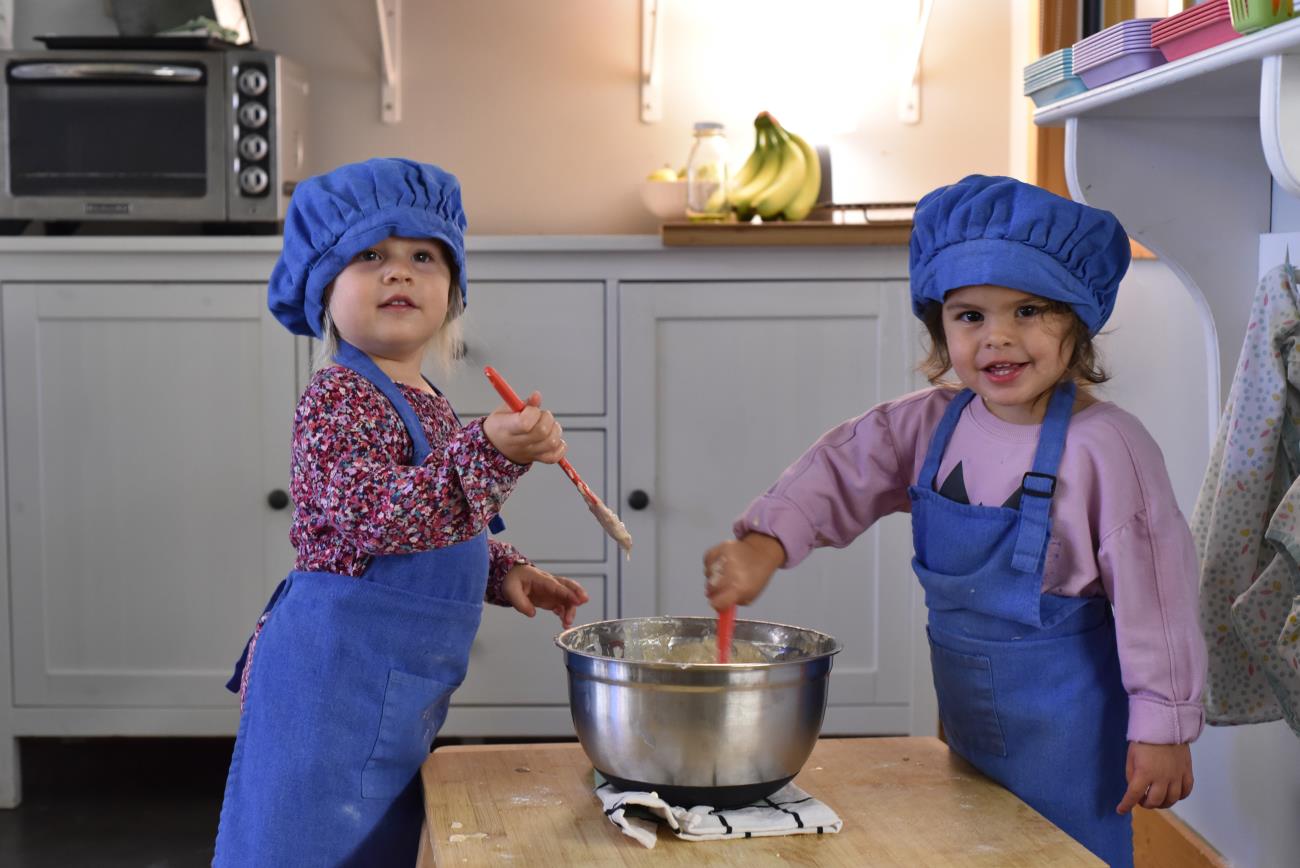“A child who has become master of his acts through long and repeated exercises, and who has been encouraged by the pleasant and interesting activities in which he has been engaged, is a child filled with health and joy and remarkable for his calmness and discipline.”
- Maria Montessori, The Discovery of the Child
The young child, who has just entered this vast external environment, is doing their best to make sense of the world around them. From birth to age six, the child possesses what Dr. Maria Montessori referred to as an “Absorbent Mind” that captures and integrates all of their lived experiences. The child forms impressions from the environment and incorporates those characteristics into their psyche. External order promotes internal order; thus, a sense of order contributes to one’s quality of life and can only be established after reference points have been made in the environment. Therefore, implementing consistent routines is of the utmost importance as the child seeks to create order within their life and within themselves.
Routines provide predictability and structure, signaling to the child that the world is stable, secure, and safe. Establishing basic trust in the environment is pivotal to the child’s development and well-being. When children understand the flow of the day, they are less likely to feel anxious, leading to smoother transitions and fewer power struggles. A secure child is more inclined to explore independently, trusting that their curiosities will be encouraged and mistakes embraced. Structure and consistency in the environment lead to the child’s development of discipline, concentration, and self-efficacy.
Through repetition, children come to understand the sequencing of various tasks. For example, we always wash our hands after visiting the bathroom. To set the table for meals, each person needs a napkin, cup, plate or bowl, and utensils. When cleaning up afterward, everyone is responsible for clearing all of these items, one at a time. As they learn to master these daily routines, the child gains confidence in their own abilities, promoting independence, autonomy, and self-esteem.
While children are highly adaptable, even small changes to routines can deeply offend or confuse a young child. A different caregiver picking up or dropping off, or slight changes to a bedtime routine, can disrupt their sense of order. In the community environment, if the dish cart is full or something is misplaced, the children can be observed pausing in front of the cart or shelf, seemingly lost, not knowing how to proceed. With this understanding of child development, adults are able to observe any sensitivities to change and better identify the root cause. For instance, when a child throws an item on the floor, it is not done maliciously but often simply because they do not know its proper place.
In establishing consistent routines and expectations, the adults model how to care for themselves and the environment. How can we expect children to know how to drink from a cup, put materials away, put on their shoes, or carry a chair if we do not take the time to show them? Similarly, the role of the adult also includes modeling grace and courtesy. Asking for consent, communicating wants and needs, taking turns, engaging in conversation, and more can be practiced during various daily tasks. Through countless opportunities, these behaviors become ingrained as the child develops into a confident, courteous, and conscientious individual.

.jpg)